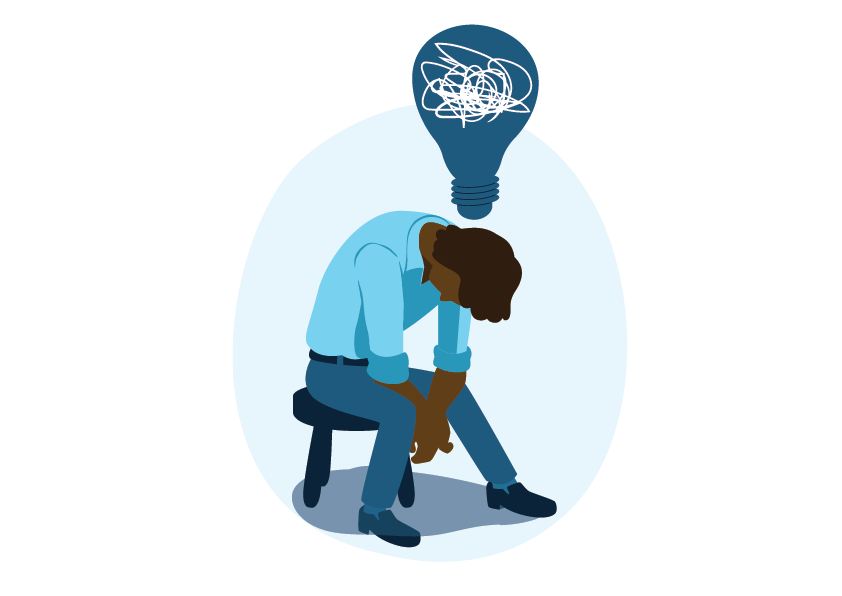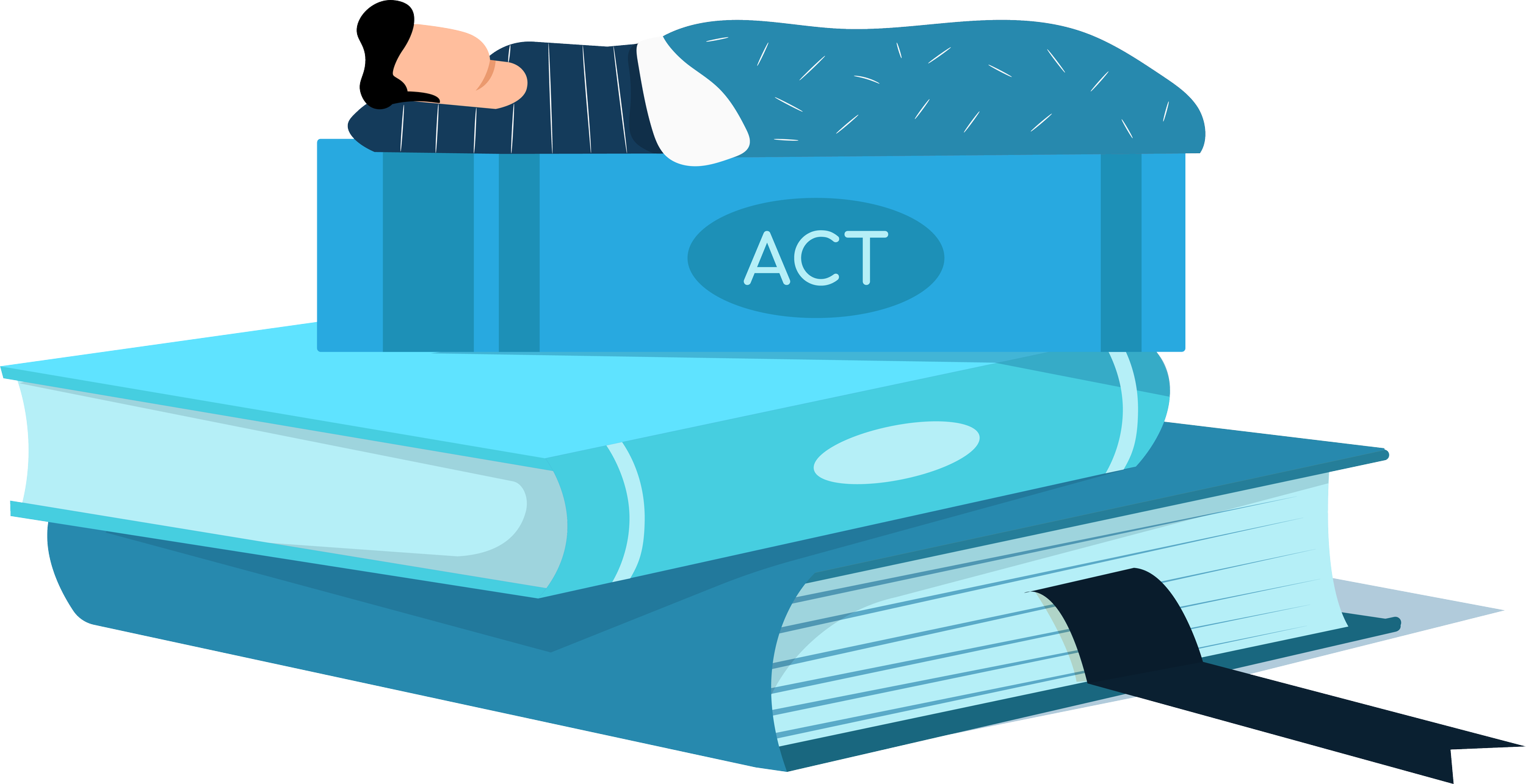Meet Ed: London’s Trusted Sleep Coach
Discover how I got into sleep coaching
A fresh approach to sleep
When I suffered from difficulty sleeping, I was stuck in a cycle of trying to fix the problem and obsessing over sleep, which held me back from doing what I valued most in life.
Eventually, I realised that my efforts to stop my problem with sleep were actually making it worse. By learning to let go of the struggle and focus on what truly mattered to me, my sleep improved. Now, using an ACT-based approach, I help others to do the same through sleep coaching.
From insomnia to sleep coach: My story
When I first experienced bad sleep I tried practicing good sleep hygiene: avoiding caffeine and screens at night, wind down routines, using earplugs/eye masks, herbal remedies, exercising, and taking hot baths before sleep. However, these efforts didn’t help my sleep and only intensified my anxiety when they proved ineffective.
Then I tried deep breathing exercises, yoga and meditation to unwind before bedtime. I also used white noise machines and podcasts to distract my ‘busy’ mind at night. Unfortunately, these strategies also produced no significant improvement and added to my stress.
I thought stress was causing the issue, so I adjusted my work and social habits in an attempt to reduce my stress levels. However, this didn’t help my sleep either. This shift in focus only led me to obsess over sleep, neglecting other important aspects of my life.
Next, I tried sleeping pills, which I knew were not what I wanted. There was no underlying medical issue impacting my sleep, and I begun to realise it was all to do with my anxiety around sleep. Since nothing had truly helped so far, it felt like I was doomed to struggle with sleep indefinitely.
I was also recommended to consider CBT-I, a form of sleep therapy. While this might help some, it didn’t resolve my sleep issue. By this point, I had researched lots about the science of sleep hoping to resolve the problem, but this also didn’t lead to any solutions.
Thankfully and finally I came across Acceptance & Commitment Therapy which fully resolved my sleep issue. Through ACT I understood the root of my issue and it provided me with all the tools to swiftly overcome it.
I then wanted to share the principles of ACT with others stuck struggling with sleep and so completed further training in sleep coaching and ACT and started London Sleep Coach.
My six principles for improving sleep
Being mindful towards the thoughts and feelings keeping you awake at night.
Accepting sleep cannot be forced and instead being open to wakefulness and valuing resting.
Committing to pursuing what’s important to you in life despite poor sleep.
Cultivating compassion for yourself for your struggles with sleep.
Learning to drop the struggle and let go of the striving to find a solution.
Appreciating the vitality that you still have despite difficulty sleeping.
To read more about the six principles
Common questions about my sleep coaching
-
If you’re suffering from short or long term difficulty sleeping, for example by having trouble falling or staying asleep, I’m here to help. My approach uses Acceptance & Commitment Therapy and is delivered online.
However, if your suffering from conditions such as Sleep Apnoea, Narcolepsy, Restless Legs Syndrome, REM Sleep Behaviour Disorder or Parasomnias (such as sleepwalking or sleep terrors), then I am not the right person to help you.
-
Due to the nature of talking approaches, there are no guarantees that any approach will always improve sleep. However, sleep coaching through Acceptance & Commitment Therapy has a substantial body of scientific evidence supporting its effectiveness in improving insomnia symptoms. Consequently, it is endorsed by NICE and HHS.
The duration of insomnia coaching can vary among individuals, but generally, I work with clients over a period of two to four sessions.
-
Poor sleep can often be improved without medical treatment, and medication is not always necessary. Acceptance and Commitment Therapy offers a drug-free approach that can be particularly effective if your sleep problems are psychological in nature, such as those caused by stress, worry, anxiety, or panic.
However, please note that as I am not medically qualified my sleep coaching is not suitable for individuals diagnosed with mental health conditions such as psychosis, schizophrenia, bipolar disorder, or any neurodegenerative conditions such as Alzheimer’s or Parkinson’s disease.















